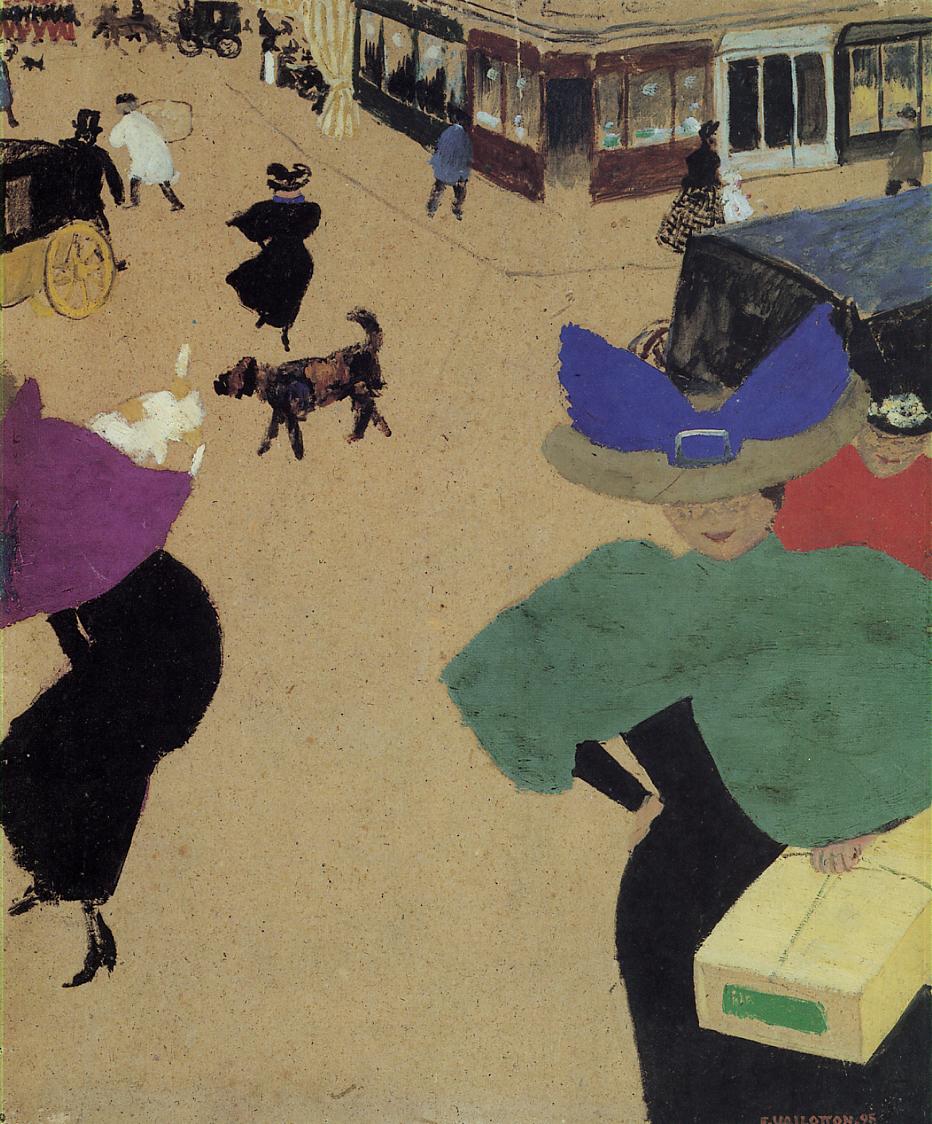Once upon a time there was a food critic named Ori Melamed (actually, he is very much around, but the “once upon a time” gives it a little edge).
Now, Ori Melamed is not the only food critic laboring robustly in our world, but the thing that differentiates him from the rest is the fact that one of his key principles is never to write a bad criticism about a restaurant.
The idea behind this principle was revealed once, almost accidentally: in one of his columns, he said that when he enters a restaurant that does not live up to expectations, he does not identify himself. He just takes out his wallet, pays and walks away. The readers will not read a word about the place.
There is something about this kind of approach…
It is not a matter of “social responsibility”, intended to save innocent customers and random eaters.
It is the understanding that behind every restaurant, every cook and chef, waiter or sommelier, there is someone who takes the effort to do something. Someone did that something: he invested hours of hard work, hopes and a lot of money. The fact that all was not quite right does not have to put to shame one’s whole life’s work. Criticism is only the opinion of one man, and unless he was appointed to be the national State Comptroller, he is not truly obliged to tarnish someone else’s reputation.
Maybe that is just the way I see it.
Because, eventually, the simple truth is that if something is genuinely bad – it won’t work, no matter how highly praised or strongly condemned it is.
History has a million ways to prove this point.
Ori Melamed is cautious and particular – when he does write.
He never slanders, never condescends and never insults (although he does have his boundaries, like everyone else, when someone truly aggravates him. Yet, he will never reveal the name).
His main interest is the food – principally food that is made with love and thought.
Ori Melamed is neither my justification nor my inspiration.
He is, however, my validation, a proof that such an approach is possible and acceptable, in every field.
Even here.
The letters to Tsofit started long before Ori Melamed (or, more accurately, long before I even knew who Ori Melamed was).
Many times they bear a lot of criticism. Such criticism that does not have anything positive to say about the time wasted while reading a very unnecessary book.
Such criticism will not be brought up here.
If you already choose to talk about literature, why waste your time on the bad examples?
On top of which – we all know, pretty much, when something is quality material or when it is not.
We don’t always have to be the one to say it to the world.
Stating what is good and worthy is equally important and responsible.
To prove my point: when was the last time you heard an awfully bad criticism? Alternatively, when was the last time you heard an extremely encouraging recommendation?
Which one gave more to your reading habits?
And in case someone wondered:
Yes, Tsofit is real.
And yes, she never answers.











